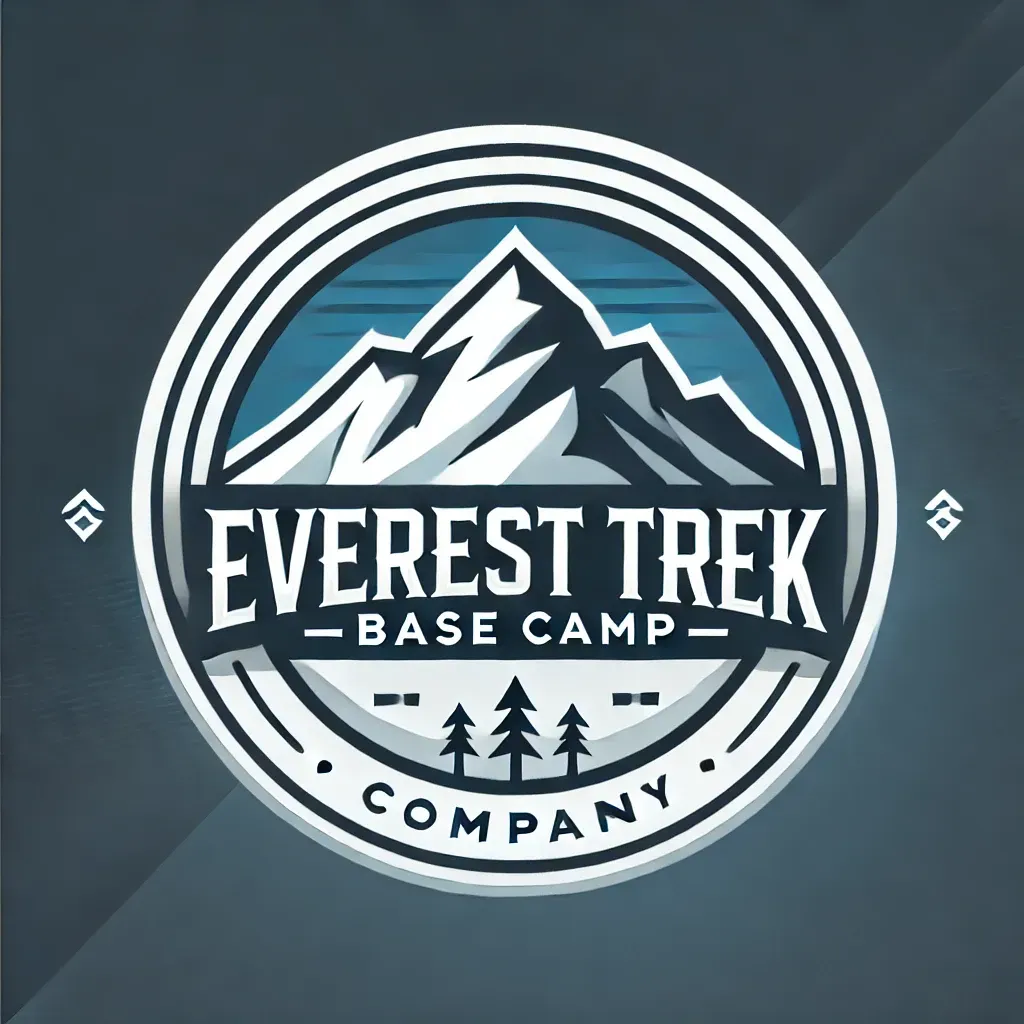Essential Tips for Tractors
Prepare for the Everest trek with the right training and nutrition.
Essential Tips for Your Everest Trek
Important tips for training, nutrition and equipment
Training for the trek
Get in shape by exercising regularly. Focus on endurance, strength and flexibility. Hiking, running and strength training are excellent ways to prepare.
Food during migration
Eat nutritious and varied. Make sure you have enough carbohydrates, proteins and fats. Hydration is crucial, so drink water regularly and consider isotonic drinks for extra energy.
Essential Tips for Tractors
Frequently Asked Questions about the Everest Trek
Here you will find answers to frequently asked questions from trekkers preparing for their Everest adventure. From training to nutrition, we will help you be well prepared for your journey.
What should I do to prepare for the Everest trek?
Start with a training program that focuses on endurance and strength. Make sure you walk regularly, preferably with a backpack, and gradually increase the distance and altitude. Don't forget to adjust your nutrition for optimal energy.
What food is best during migration?
Focus on a diet rich in carbohydrates, proteins and healthy fats. Snacks such as nuts, energy bars and dried fruit are ideal for on the go. Remember to drink plenty of water and consider taking electrolytes to stay hydrated.
How can I prevent altitude sickness?
Acclimatization is key. Take your time to acclimatize your body to the altitude by taking regular breaks and not going up too quickly. Stay hydrated and pay attention to your body’s signals.
What kind of equipment do I need?
Make sure you have good walking shoes, a sturdy backpack, and suitable clothing for different weather conditions. Don't forget to bring a first aid kit and a good sleeping bag.
How can I improve my fitness for the trek?
Combine cardio exercises such as running or cycling with strength training. Also try to climb hills or mountains regularly to prepare your body for the conditions during the trek.
What should I do if I don't feel well during the trek?
Listen to your body. If you experience symptoms of altitude sickness, such as headache or nausea, it is important to stop and acclimatize. If symptoms persist, descend to a lower altitude and seek medical attention if necessary.
Clothing for the Everest trek
The right clothing is crucial for a successful Everest trek. The weather can change quickly, so make sure you wear layers. Start with a breathable base layer, followed by an insulating layer and finish with a waterproof outer layer. Don’t forget to protect your hands, feet and head with suitable accessories.
Weather conditions and clothing
The Everest trek can vary from sunny days to snow storms. The lower parts of the trek are often warmer, but as you climb higher, the temperature drops. Make sure you have a good mix of clothing that you can adapt to the conditions. Think a light fleece for the day and a warm jacket for the night.
Essential accessories
In addition to clothing, accessories such as gloves, hats and scarves are essential. Choose thermal materials that retain heat and dry quickly. Good hiking boots are also a must; make sure they are properly broken in before you start your trek.
Clothing for different heights
At lower altitudes you can wear lighter clothing, but as you get higher it is important to add heavier, insulating layers. Make sure your clothing is suitable for extreme cold and wind. It is also useful to bring extra socks and underwear just in case.
Essential Gear for Your Everest Adventure
Recommended Equipment
For a successful trek to Everest Base Camp, the right gear is crucial. Make sure you bring the following items: a good backpack, sturdy hiking boots, warm clothing in layers, a sleeping bag for cold nights, and enough water bottles. Don't forget your first aid kit and a headlamp for the dark hours.
Nutritional advice for tractors
Food during migration
Good nutrition is essential for your energy and stamina during the trek. Bring energy bars, nuts and dried fruit for quick snacks. Also, stay hydrated and consider electrolytes to maintain your energy levels.
Personal Experiences of Trekkers
Stories from the Everest Trek
The Everest trek was one of the most challenging and rewarding experiences of my life. The views were breathtaking and the camaraderie with other trekkers made it even more special. I can't wait to go back!
The preparation was intense, but every step on the mountain was worth it. The tips on nutrition and training helped me a lot. I felt stronger than ever during the climb!
Contact Us
Do you have any questions or need help with your trek planning? Our team is here to support you with advice and information. Feel free to contact us for more details about the Everest trek and how to best prepare.











